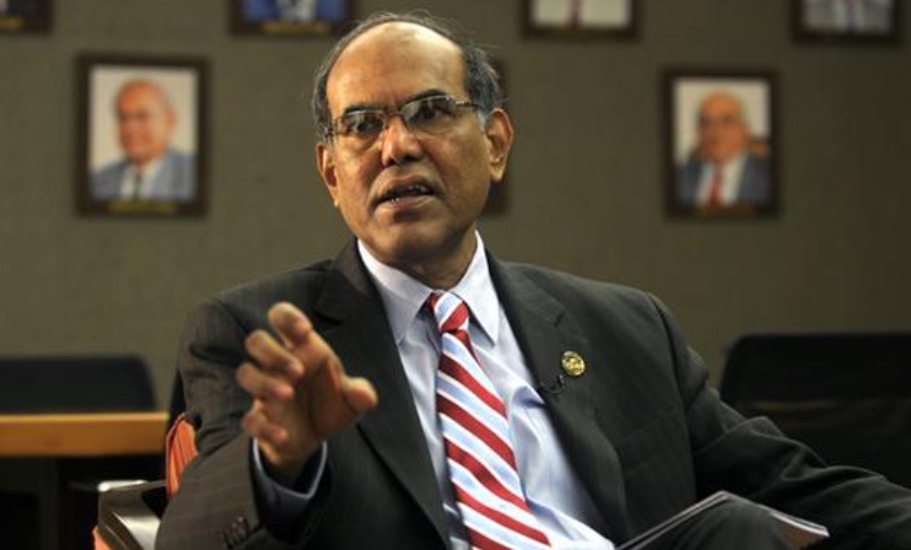
Uneven economic recovery morally wrong, politically corrosive: Subbarao
COVID has widened the gap between the rich and the poor; uneven economic recovery is morally wrong and politically corrosive, says Subbarao

As the economy, severely bruised by the pandemic, picks up the pieces, the gulf between the haves and have-not might only get widened, according to former Reserve Bank of India (RBI) Governor D Subbarao.
Expressing concerns over the ‘extreme unevenness’ in economic recovery and ‘sharpening inequalities’ between upper- and lower-income segments in the country, Subbarao said the trend will hit growth prospects going forward. Such uneven recovery is ‘morally wrong and politically corrosive’, said the economist, as quoted by a PTI report.
Second wave impact
Earlier expectations of a sharp economic recovery this year might be scuttled by the second wave of COVID, he said.
“The economy contracted last year, for the first time in four decades, by as much as 7.3%,” he told PTI. “That was less deep than we had first feared but still deep enough to have caused distress to millions of families in the informal sector. There was expectation of a sharp recovery this year but those expectations are now tempered by the impact of the second wave.”
Subbarao’s prediction is in line with the RBI’s move to trim its growth forecast for the current fiscal year by one percentage point, from 10.5% to 9.5%. While 9.5% growth might seem impressive, it comes on a very low base of last year (2020-21, when the GDP plunged due to the pandemic), he pointed out.
While most people have either lost jobs or seen their income come down, rich individuals have increased their wealth amid the pandemic, noted Subbarao. “The positive wealth effect of the upper income segments juxtaposed with the negative income effects of the lower income households tells a story of a very uneven recovery and sharpening inequalities. This is morally wrong and politically corrosive,” he said.
Not only is this unfair on the lower-income people, but also potentially damaging to growth prospects going forward, he observed.
Also read: Indian stock markets show surprising immunity against COVID onslaught
Subbarao pointed out that despite COVID-led disruptions, the prices of stocks and other assets are soaring amid liquidity in the domestic market and foreign fund inflows. This is in itself “symptomatic of the extreme unevenness of this recovery”, he told PTI. “Who benefits from this? People who have investable surpluses.”
“Contrast that with the findings of a study by the Azim Premji University that the one year of COVID pandemic has pushed 230 million people into poverty with a 15% increase in poverty rate in rural India and a 20% surge in urban India,” he said.
“Add to that CMIE data showing that the unemployment rate has gone up as high as 12% in May, 10 million jobs have been lost just on account of the second wave and 97% of the households in the country have experienced declines in incomes,” he added.
Rural-urban divide
The second wave of COVID has been particularly hard on villages, noted the economist. “We are hearing grim tales of loss of lives and livelihoods,” he said. “Poor households have run down their savings for medical expenses, and given the weak medical infrastructure in the villages, rural households are also much more uncertain and anxious about the impact of a possible third wave.”
The forecast of a normal monsoon should act to counterbalance some of these fears and anxieties, PTI quoted him as saying.

